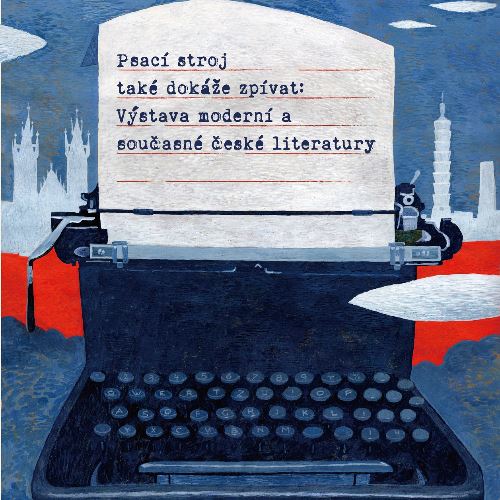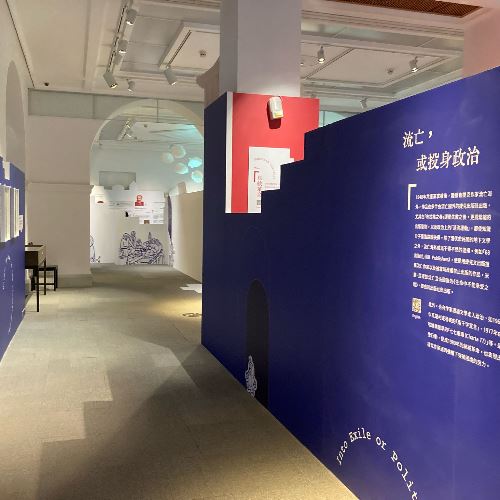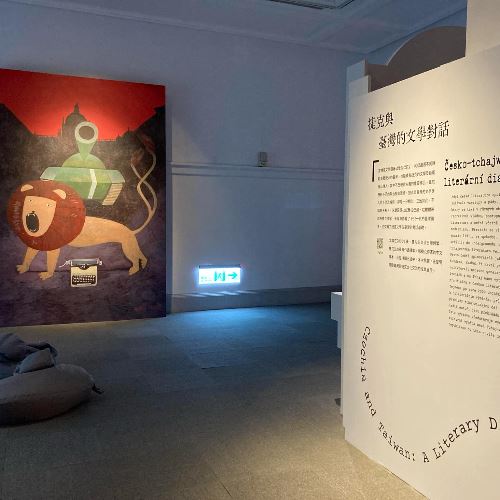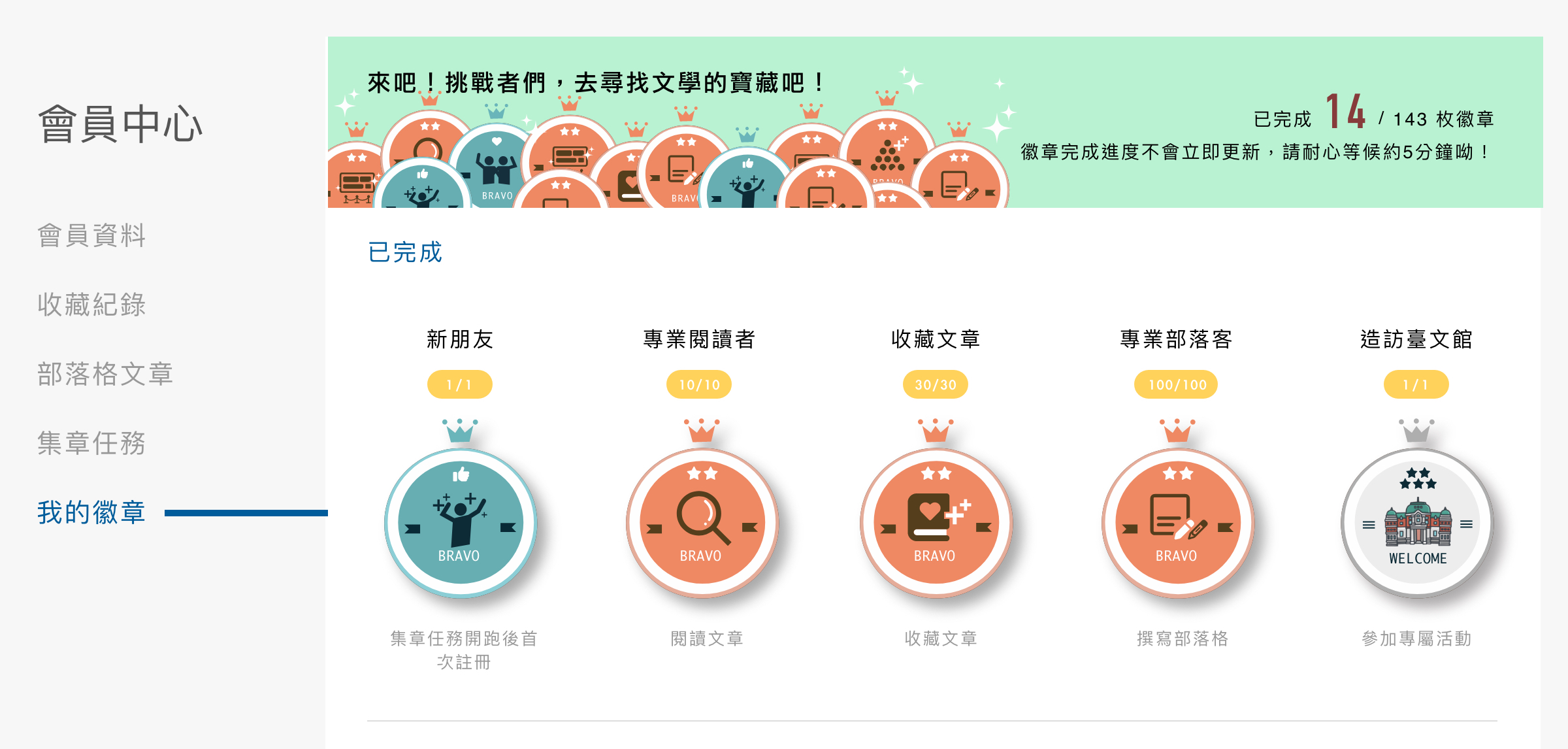A New Era of Flourishing Literature

Czechoslovakia entered a new era of freedom and democracy in the wake of the 1989 Velvet Revolution. Once-banned literature could now be openly read and circulated, and a new generation of authors such as Michal Viewegh and Miloš Urban were free to express their talent. His easy-flowing, romantic novels steeped in Czech history and culture made Viewegh one of this period’s most popular authors, while Urban’s classic thriller / horror novels secured his now-iconic status in these genres. Younger Czech writers who had come of age behind the Iron Curtain and been barred by authorities from pursuing a normal education and career took up work where they could, and now nourish their literary efforts with these unique experiences.
As in Taiwan following the end of Martial Law in the 1980s, the end of authoritarian rule in Czechoslovakia opened the door onto a diverse and vigorous literary landscape. Furthermore, in step with the country’s political and social spheres, the democratization of its literary world has opened new horizons and possibilities for Czechia’s latest literary revival.


Květa Legátová
Květa Legátová (1919-2012) began her literary career in earnest only after retiring from teaching. It was two of her early works - the short story and essay collection Želary published in 2001 and her 2002 novel Jozova Hanule - that catapulted Legátová into the ranks of Czechia’s bestselling contemporary authors. The 2003 film adaptation of these two works, released under the title Želary, was nominated for an Academy Award in the Best Foreign Language Film category in 2004.
Tereza Boučková
Tereza Boučková (1957- ), the daughter of Czech playwright Pavel Kohout and Anna Cornová, was born in Prague and is a Charter 77 signatory. Boučková published her first work, a collection of her essays, in 1991 under the title Indiánský Běh (Indian Run). Her script Zemský Ráj to Napohled, adapted into the 2009 film An Earthly Paradise for the Eyes, includes her father, Ludvík Vaculík, and Václav Havel as background characters.
Jáchym Topol
Jáchym Topol (1962- ) is a Czech poet and novelist who was a signatory together with his father (the playwright Josef Topol [1935-2015]) of Charter 77. Barred from attending university by Czechoslovakia’s communist government, he worked numerous different jobs, giving him a diverse life experience that would later enrich his literary efforts. His best-known works include Sestra (Sister), Anděl (Angel), and Noční Práce (Nightwork). He is currently Program Director at Prague’s Václav Havel Library.
Michal Viewegh
Michal Viewegh (1962- ) focuses his literary talents on writing novels centered on everyday life and experiences, using his narratives to reflect on historical and social issues. His page-turning writing style, use of witty sarcasm, engaging dialogue, and pointed remarks have earned Viewegh his status today as a bestselling Czech author and commentator.
Miloš Urban
Miloš Urban (1967- ), known as the “dark night of Czech literature”, is a contemporary novelist and author of horror fiction. Urban’s most-celebrated work, his 1999 SedmiKostelí (The Seven Churches), is a historical Gothic crime novel set in Prague that has been widely lauded as an outstanding archetype of the Gothic horror genre.
Kateřina Tučková
Kateřina Tučková (1980- ) is a contemporary Czech novelist and exhibition curator. Tučková rose quickly to fame at the age of 32 after the publication in 2012 of her bestselling novel Žítkovské Bohyně (The Goddesses of Žítková), which has since been translated and published in a dozen or so languages.

【Czechoslovakia's Velvet Revolution】
Sametová Revoluce, known in English both as the “Velvet Revolution” and “Gentle Revolution”, describes the transition of power that took place in Czechoslovakia between November 16th and December 29th, 1989 during the collapse of communist governments throughout much of the East Bloc. The non-violent nature of Czechoslovakia’s transition from autocracy onto a democratic path encouraged its likening to the “gentle feel of velvet”. Václav Havel, a central figure in the Sametová Revoluce, would go on to be elected and serve as democratic Czechoslovakia’s first President.











